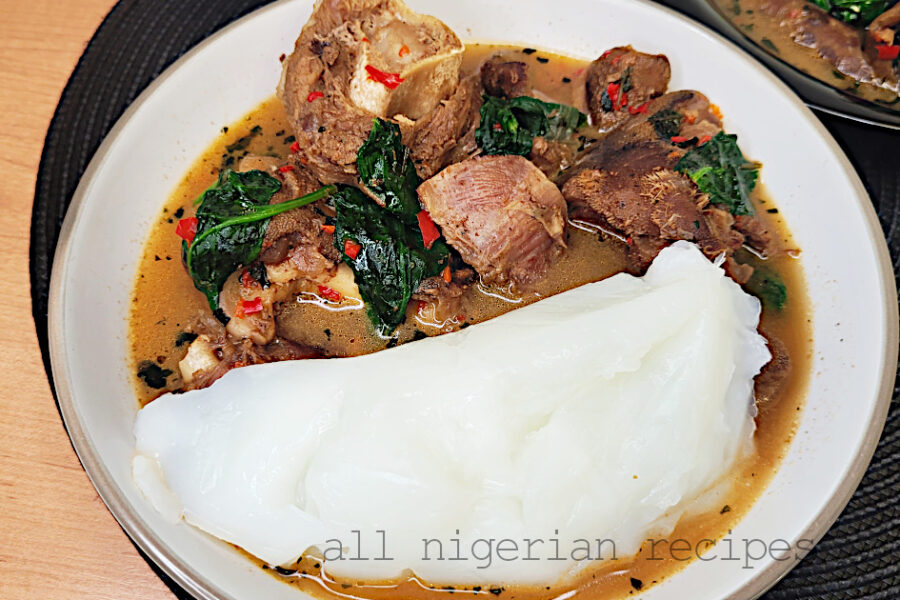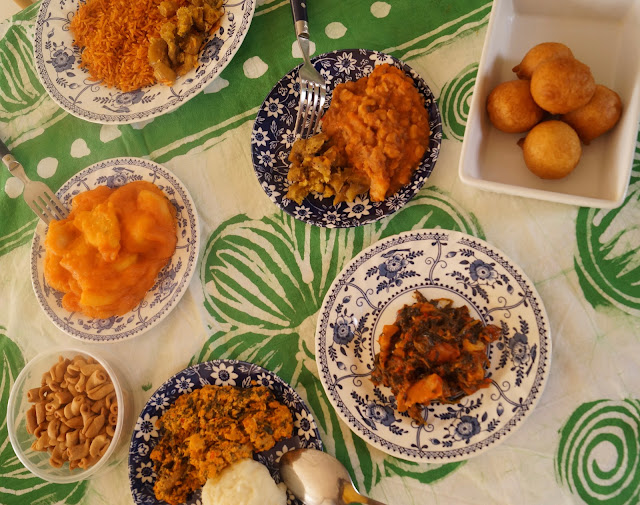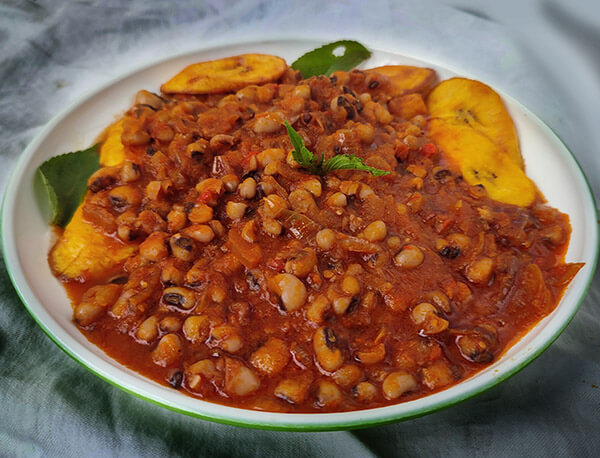Nigerian cuisine is rich with diverse ingredients and foodstuffs that form the foundation of its traditional dishes and modern recipes.
This comprehensive guide covers the 21 most essential ingredients found in Nigerian kitchens, from staple items to traditional spices and produce that give Nigerian food its distinctive flavors.
Ingredients
- Palm oil (essential coloring and flavoring agent)
- Seasoning/stock cubes (various brands and flavors)
- Ground crayfish (for soups and stews)
- Dried catfish
- Egusi (ground melon seeds)
- Ogbono seeds
- Fresh yams
- Goat meat
- Fresh tomatoes and peppers
- Garri (granulated cassava)
- Local spices (bay leaves, dried onions, thyme, curry powder)
- Stockfish head
- Assorted meats (beef, chicken)
- Cocoyam
- Table salt
- Palm fruits (banga)
- Vegetable oil
- Fresh vegetables (fluted pumpkin, water leaves, spinach)
- Fresh onions
- Potatoes (red and white varieties)
- Dried prawns
Steps to Follow
- Step 1: Store palm oil and vegetable oil in cool, dark places
- Step 2: Keep dried ingredients (crayfish, fish, prawns) in airtight containers
- Step 3: Store fresh vegetables in the refrigerator
- Step 4: Keep spices and seasonings in dry locations
- Step 5: Store garri and other dry ingredients away from moisture
Additional Instructions
- Most ingredients can be found in African or specialty food markets
- Fresh ingredients should be used within 3-5 days
- Dried ingredients can typically be stored for 3-6 months
- Always check for freshness before use
- Some ingredients may require soaking before use (dried fish, stockfish)
General Nutritional Values
- Approx. Calories per serving: varies by dish (300-600 kcal)
- Approx. Protein: 15-30g per serving
- Approx. Carbohydrates: 40-60g per serving
- Approx. Fat: 10-25g per serving







Leave a Comment